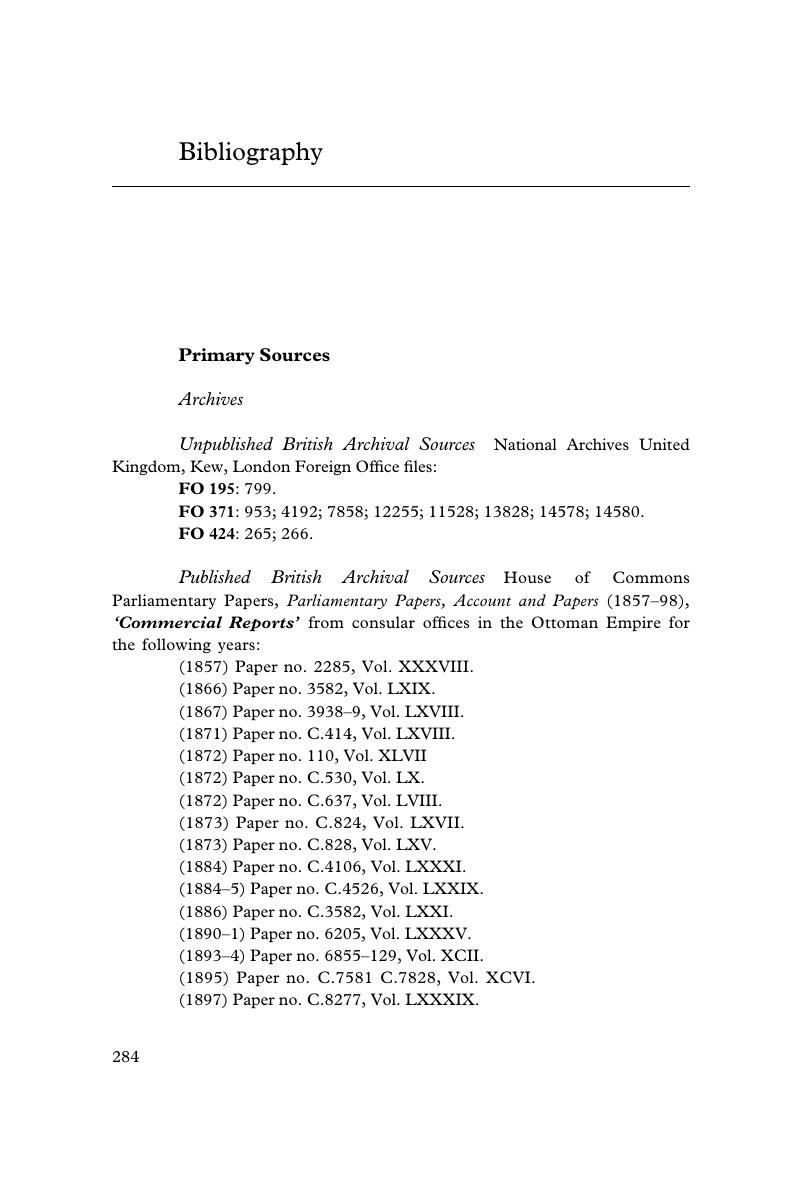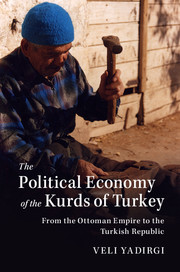Book contents
- The Political Economy of the Kurds of Turkey
- The Political Economy of the Kurds of Turkey
- Copyright page
- Dedication
- Contents
- Figures and Tables
- Maps
- Preface
- Acknowledgements
- Abbreviations
- Maps
- Introduction
- 1 The Kurds, the Kurdish Question in Turkey and Economic Development in ESA: An Exploration of the Central Theoretical Debates and Outline of the Methodological Resources
- 2 The Formation of Ottoman Kurdistan: Social, Economic and Political Developments in Ottoman Kurdistan before the Nineteenth Century (1514–1800)
- 3 The Transformation of Ottoman Kurdistan: Underdevelopment in Ottoman Kurdistan in the Age of Centralisation, Westernisation and Crisis (1800–1914)
- 4 The Deformation of Ottoman Kurdistan and Bordering Regions: De-development in ESA from the First World War until the 1980 Coup (1914–1980)
- 5 Turkey’s Kurdish Question in the Era of Neoliberalism: From the 1980 Coup to the AKP’s Kurdish Overture (1980–2010s)
- Conclusion
- Book part
- Bibliography
- Index
- References
Bibliography
Published online by Cambridge University Press: 26 July 2017
- The Political Economy of the Kurds of Turkey
- The Political Economy of the Kurds of Turkey
- Copyright page
- Dedication
- Contents
- Figures and Tables
- Maps
- Preface
- Acknowledgements
- Abbreviations
- Maps
- Introduction
- 1 The Kurds, the Kurdish Question in Turkey and Economic Development in ESA: An Exploration of the Central Theoretical Debates and Outline of the Methodological Resources
- 2 The Formation of Ottoman Kurdistan: Social, Economic and Political Developments in Ottoman Kurdistan before the Nineteenth Century (1514–1800)
- 3 The Transformation of Ottoman Kurdistan: Underdevelopment in Ottoman Kurdistan in the Age of Centralisation, Westernisation and Crisis (1800–1914)
- 4 The Deformation of Ottoman Kurdistan and Bordering Regions: De-development in ESA from the First World War until the 1980 Coup (1914–1980)
- 5 Turkey’s Kurdish Question in the Era of Neoliberalism: From the 1980 Coup to the AKP’s Kurdish Overture (1980–2010s)
- Conclusion
- Book part
- Bibliography
- Index
- References
Summary

- Type
- Chapter
- Information
- The Political Economy of the Kurds of TurkeyFrom the Ottoman Empire to the Turkish Republic, pp. 284 - 306Publisher: Cambridge University PressPrint publication year: 2017



